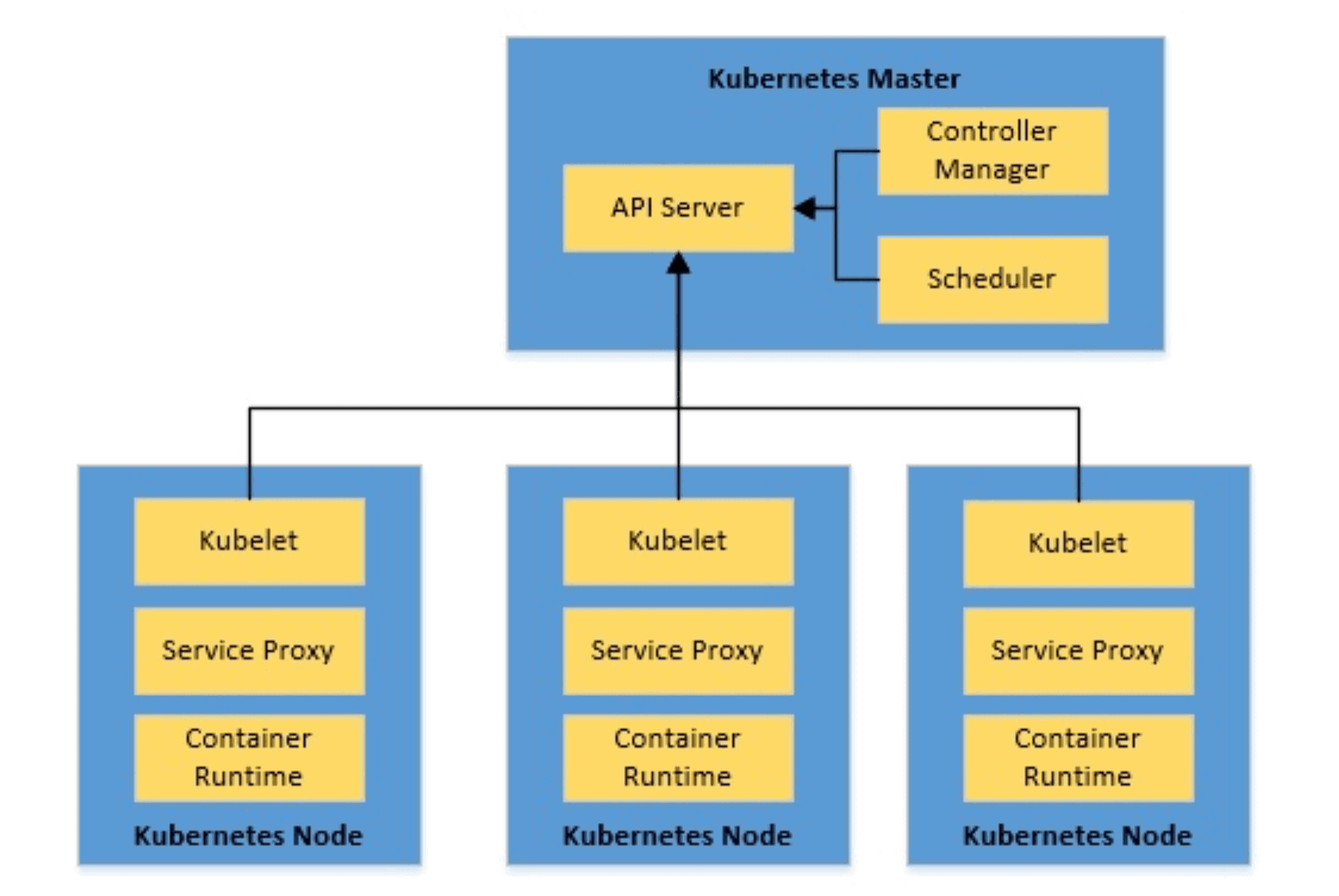

Kubernetes aids in scheduling and deploying a large number of containers replicas onto a node cluster.


It is basically a cluster management tool for Docker containers. Kubernetes was designed by Google from scratch to orchestrate Docker containers – the goal was to empower application developers, provide a standard deployment interface, and build on a Modular API core that allows vendors to integrate systems around the core Kubernetes technology. Once you understand the difference between Kubernetes and Docker Swarm, the next step is to see how Kubernetes and Mesos fair against each other and how they complement each other. Both Kubernetes and Mesos are widely used orchestration systems in the Docker community and provide a gradient of usability versus feature sets that are evolving with time. Although Docker is considered standard for containerization, there are no clear winners in the orchestration space. All three all fall into a class of DevOps infrastructure management tools that are also known as Container Orchestration Engines (COEs). Kubernetes, Docker Swarm & Apache Mesos are the three big players in container orchestration.


 0 kommentar(er)
0 kommentar(er)
